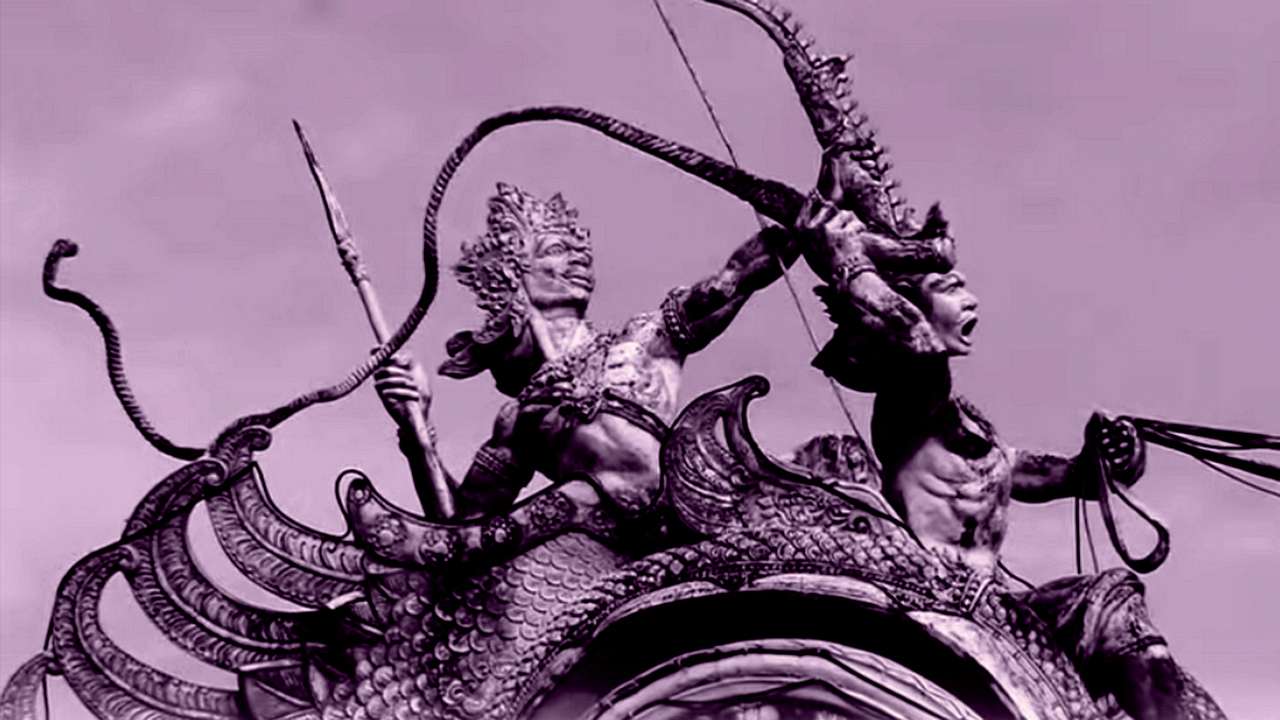
The other day I saw a nondescript contestant in an “American Idol” show. “Tell us about yourself!” was the judge’s routine query. The youngster said that he was born to a teenager who exchanged him for an old car. He never saw her again. A woman, who was herself struggling to make ends meet, chose to raise him as a single mom. When the boy was fourteen, “mom” died of cancer. Since then he was managing with makeshift jobs on construction sites. “Mom got me a cheap guitar. I taught myself to play. Whenever things get beyond me, I look at the stars, my tears fall on the guitar, and singing makes me go on.”
Listeners felt goosebumps. The victim not only accepted the cards dealt out to him, but tried to play his best game with them. He had nothing but sympathy for the birth mother who abandoned him. “She was just 16, I guess she didn’t feel she could take care of me.” No complaints about losing his adoptive mother either. He recalled how tenderly she cared for him, taking up different jobs to give the boy the best she could; how she loved to hear him play the guitar, and the joy he felt in singing to her...
In that fleeting moment, I suddenly saw the “ordinary” boy turning into an extraordinary hero. This was not dour resignation but acceptance and hope. The music he played didn’t matter. I was listening to the music of his soul — giving, gentle, humane.
Since the day primitive man cried out to the Earth Mother not to abandon him to drought and disaster, the “Ma” image has been a powerful archetype — in classic Yashoda and Holy Mary or in the movie Ma-s of Deewar and Bahubali. To be abandoned by the mother is a savage rending of our most elemental bond, both physical and spiritual, the most profoundly disturbing catastrophe we know.
I think India has idolised Karna, the mythic hero from the Mahabharata, because he personifies this primeval angst. He is admired for his matchless valour and munificent charity, as a daana vira who gave seekers whatever they wanted, including his own life-preserving armour. Karna is most empathised with for being designated as low caste suta putra, though he had a god for father and a queen for mother. Through the ages, poetry, drama and dance have established Karna as an emblematic icon for all of us who cry out against caste/class distinctions.
Mind you, Karna was no deprived child. He had adoring foster parents – charioteer Adhiratha and his wife Radha. But this humble background was not good enough for him. Karna wanted privilege and royal identity. From the moment he hurled his first public challenge at Arjuna, his herculean efforts to master the military arts had a single goal: Not to be the best warrior in the world, but to be a better warrior than Arjuna. Killing Arjuna became his life’s mission. Why? Because Arjuna symbolised everything that Karna was deprived of, everything Karna wanted to be.
Swearing fealty to patron Duryodhana — your enemy’s enemy is your best friend — Karna becomes pivotal to the Kauravas’ fratricidal project. He doesn’t care whether this is achieved on the battlefield or through trickery. No one thought of the ultimate devilry until Karna howls for Draupadi to be stripped in public — after all, she was a slave now, wasn’t she? And Karna harshly silences Duryodhana’s brother Vikarna who protests against the despicable crime. It is Karna who incites Duryodhana’s malice at every step, even finding a sadistic ploy to watch the exiled Pandavas in their impoverished forest home. On Kurukshetra, Karna dumps his much-vaunted valour to attack young Abhimanyu from behind.
Though on two occasions Karna is defeated by Arjuna (in the forest along with the Kaurava boys, in Matsyadesha by Arjuna as transgender Brihannala), the Mahabharata reiterates Karna’s invincibility. He was the Kaurava weapon. The Pandavas feared that their darling Arjuna may be no match for him.
At the risk of sounding politically incorrect, I cannot help wondering why a man so glorified for his strength and integrity, accumulated so much venom, vengefulness and envy. Did he refuse to change sides because of his loyalty to Duryodhana, or because his thirst for Arjuna’s blood remained unquenchable? Did he want to reject his birth mother who threw him into the river and claimed him when it suited her?
I ask: in struggling against discrimination, did Karna unwittingly become part of the racist game? I guess I must seek the answer in the answer to another question: did Karna practise charity, daana, as a solipsistic act of self-assertion, or was it prompted by dayaa, compassion for others, as the ultimate act of empathy and sharing?
The author is a playwright, theatre director, musician & journalist